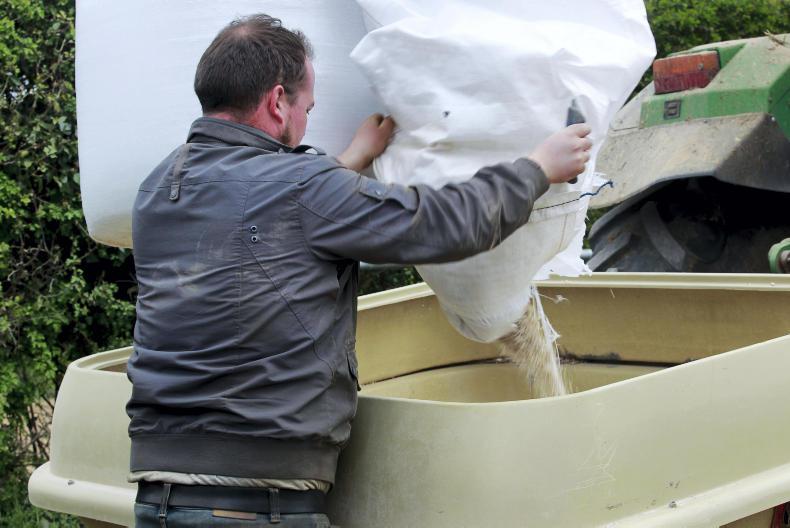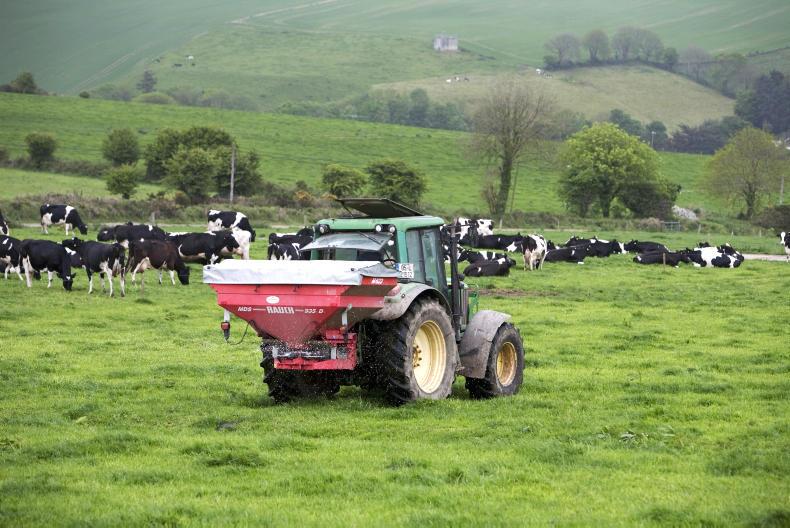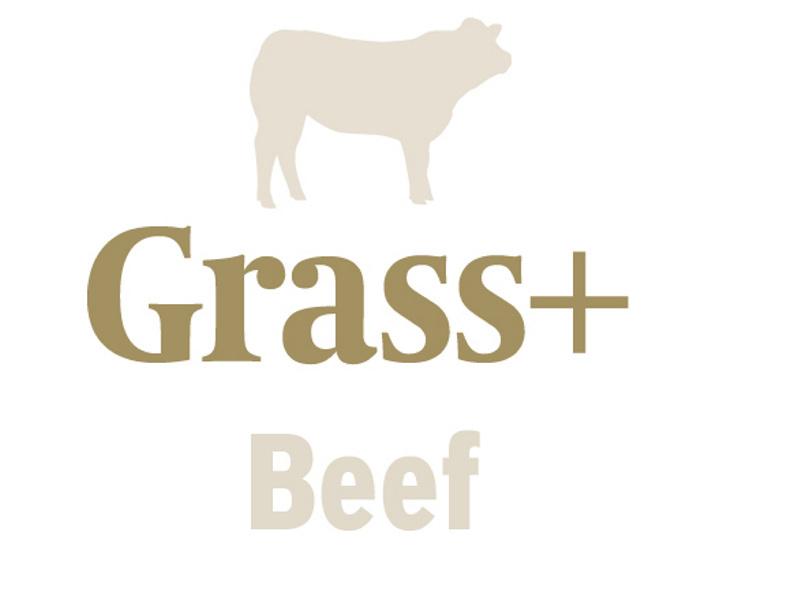The European Commission will next month announce a preliminary finding from its review of the €47/t anti-dumping duty on Russian ammonium nitrate. This fertiliser is used in Ireland as CAN.
The year-long review by the Directorate-General for Trade (DG Trade) is now halfway through and a preliminary finding at this point is standard procedure.
DG Trade could signal that it will leave the duty in place, amend it or even abolish it. Scrapping the duty could save Irish farmers about €38/t for CAN, if the full saving was passed back.
The review began last August after a complaint was lodged by a number of EU farm organisations led by the IFA. The analysis, carried out by international consultants, showed that EU duties and tariffs were costing European farmers close to €1bn and Irish farmers €36m each year.
In January, the IFA and other farm organisations presented their case to an oral hearing held by DG Trade.
Fertilizers Europe put forward the case of EU fertiliser manufacturers at a similar hearing this month.
DG Trade officials visited five EU fertiliser manufacturers in recent weeks, examining costs and profitability. They were AB Achema in Lithuania, CF Fertilisers in the UK, Yara France, Yara Sluiskil in the Netherlands and Neochim in Bulgaria. The officials visited two Russian plants.
Excessive profits
The farm organisations argued that EU fertiliser manufacturers are now making excessive profits at the expense of farmers and no longer needed protection from imports.
But Fertilizers Europe says that the anti-dumping measures were introduced because Russian manufacturers were benefiting from artificially low gas prices set by the Russian state.
This week, IFA inputs chair John Coughlan said that high fertiliser costs in the EU have helped decimate EU farm incomes in the years since 2002. “Unless farmers can access competitively priced fertiliser, EU agriculture will become increasingly uncompetitive not only on the global market but also on the internal market.”










SHARING OPTIONS